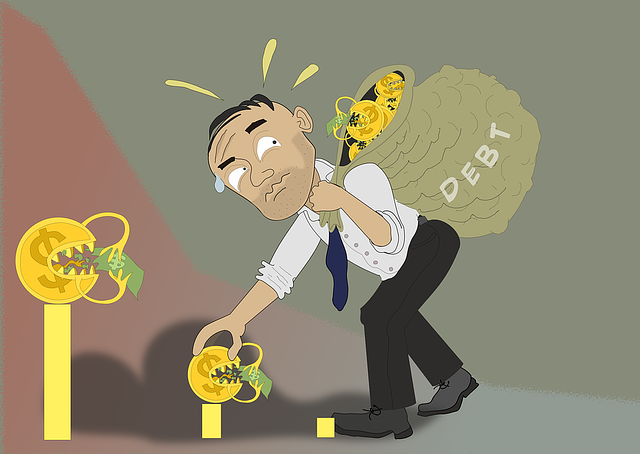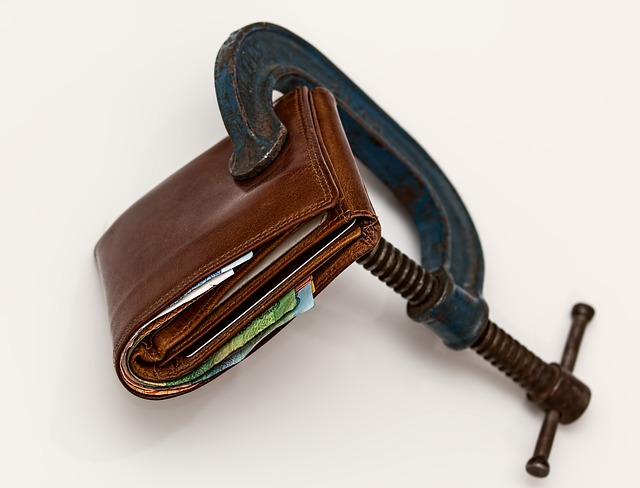It’s almost inevitable that life will have the occasional financial pinch. Having to meet financial deadlines is not just reserved to everyday life bills. Many times business owners, especially small business owners, are faced with the pressure of meeting deadlines for vendor invoices, inventory and payroll. When faced with tight financial situations, some business owners consider short term loans as a way to keep the ship afloat.
That being said, these loans come with their own unique risk profile that you need to be aware of lest you get trapped in the murky waters of toxic and unending loans. The short-term nature of these loans makes the borrowing process a little bit difficult for borrowers who have complex and below par credit histories. Before going for these loans, you must conduct a cost-benefit analysis to see whether borrowing on a short-term basis is more beneficial to a conventional long-term loan. Below are some of the perils of short-term financing for businesses.
Unfavorable Renewals
Though most short-term business loans are meant to paid off quickly, there are instances when you need additional time for repayment and this can put the lender in a controlling position making him sort of dictate the terms on which the contract is to be renewed. The new repayment plan may be less favorable to you because after all, the lender is in business. The newly accumulated debt can potentially push you into not only into business bankruptcy but also personal bankruptcy, which comes with its own set of perils.
Reputational Risks
If you rely on short-term loans as a business, investors may be worried or even turned off when they review your financial history. Most of the times, short-term loans hold on to specific asset classes as security and this give a picture that your business is not financially stable and is teetering on the edge of collapse. Also, the manner in which you handle your short-term financing can affect your ability to secure long-term financing in future.
Less-Than-Required Financing
Compared to traditional loans, short-term loans are much smaller. The reason behind this is that these loans are meant to be realistically paid off in a few months or year. If this is to happen, the principal plus the interest must be within the business financial radar to repay. If what you need is just a small loan to plug in a gap in expenses, this can work well with you, but if you want to replenish larger inventory items or boost your production so as to meet a deadline, this may not be enough.
Relatively Higher Interest Rates
The cost of short-term borrowing attracts higher interest rates compared to long-term financing. In the short run, the impact of these interest expenses may not be strongly felt, but when you look at your books a few years down the line, the cost may even double or triple that of bigger long-term loans. For instance, if the loan comes at a cost of about 25%, what this means is that your business must generate a rate of return higher than the cost of capital for the short-term loan to make sense.
Difficulties in Refinancing
As a business owner, having more flexibility is a great deal for you. This is because it opens up options making you adaptable to unforeseen circumstances or emergencies. However, refinancing short-term debt with another short-term facility can narrow your options. When you refinance, the new loan may potentially prevent the existing balance from getting low enough to enable you qualify for a credit facility by another lender. This may not be much of a problem if you are contented with your existing lender, but it can limit you if you want to cross over and shop for more competitive deals.
What Alternatives Do You Have?
Instead of focusing most of your energies on short-term financing where your bargaining power is somewhat limited and compromised by the urgency of your need, you can explore refinancing with long-term debt. This will save you stress and lower the frequency or size of your payments. Getting a line of credit can also be an option because then, you only pay the interest on the money you require and the capital is always available should you need it.
Though it is tempting, play your cards well and closely analyze the fine print before giving a short-term loan deal an okay.









